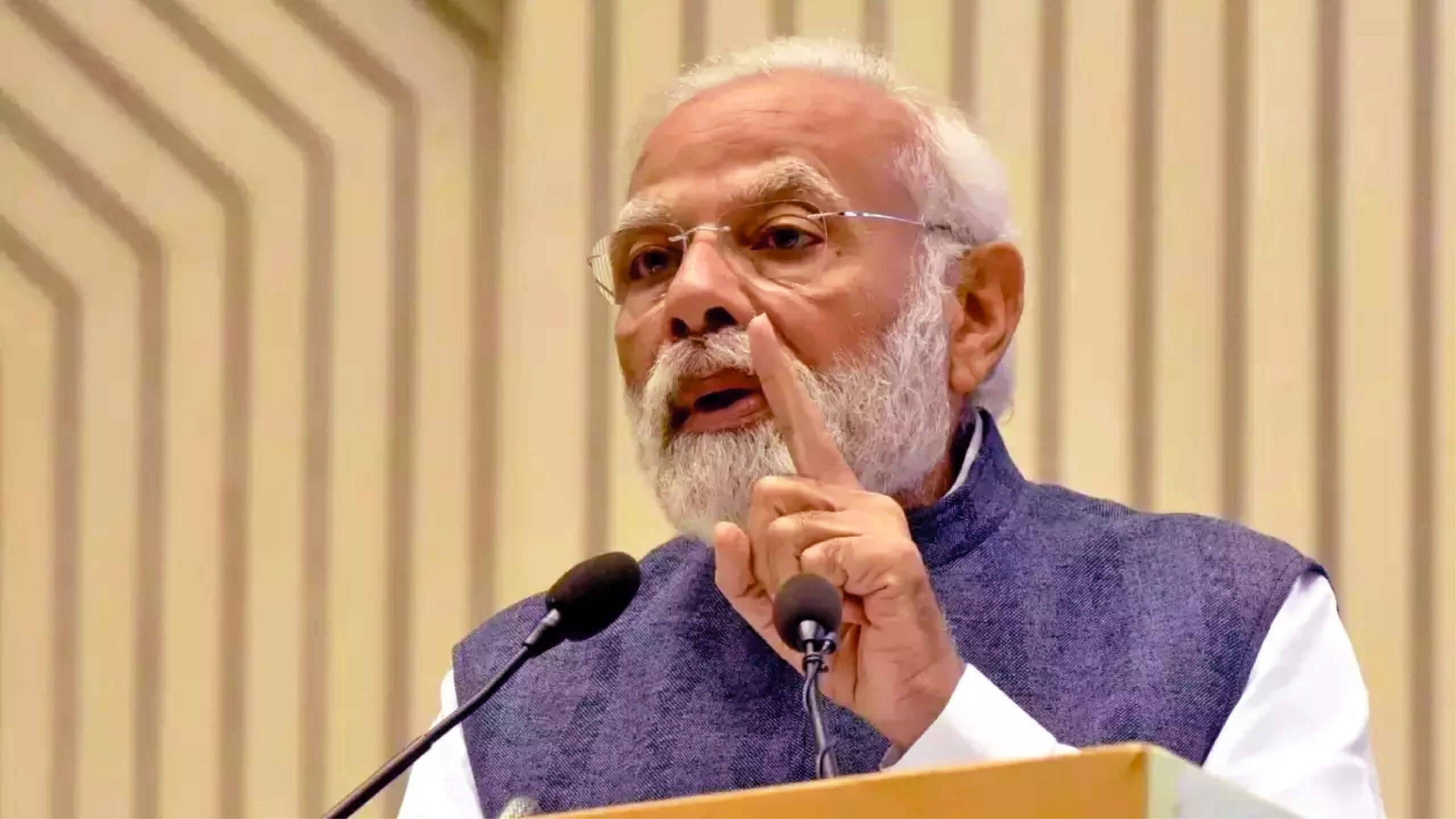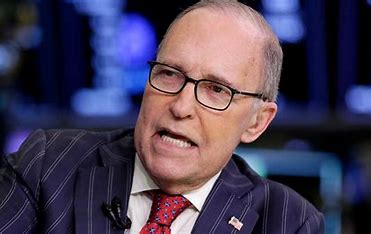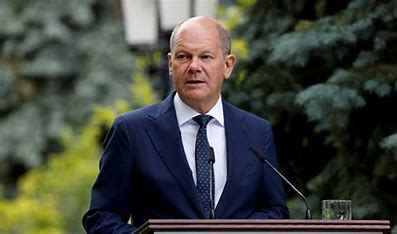The optics couldn’t be worse—the world’s number one superpower sitting on a trove of vaccines it does not need and refusing to release raw materials needed to manufacture vaccines for the poor of the world, even as thousands die not only in India but all across. It was compounded by the utterly insensitive statement made by a State Department spokesperson who said, “Biden administration›s first obligation is to take care of the requirements of the American people” and that saving American lives was important for the world. In other words, American lives mattered, not anyone else’s. Who would have thought that an apparently “sensitive and sensible”—as a contrast to the Donald Trump administration, according to mainstream US media—Joe Biden administration could issue a statement that would be so in-your-face about American exceptionalism? Even the malevolent power that China is makes more sympathetic noises, although it may not mean even one word of it. The US statement was a classic case of “how to drive away your allies and partners in three short sentences”. And that’s what exactly happened. The blowback was swift, with Indian media, social media and Indian geopolitical experts erupting in anger at what they perceived to be an insult to the Indian people. In fact, the very foundation of the “strategic partnership”, that has been the bedrock of India-US ties in the last decade, would have been shaken, the way public opinion turned against Washington overnight. And just like in the US, no government can go against public opinion and the whole episode put a huge question mark on the direction Indian foreign policy had taken from being “non-aligned” to being more US-aligned, although still functioning under the fig leaf of multilateralism.
The US needs to realise that legacy is a serious problem when it comes to India. For too many years India has been non-aligned—even though actually being ensconced in the Soviet camp—and there is a strong section among opinion makers who still get “misty-eyed” at the mention of non-alignment, even though the whole concept is a Cold War relic and should have been buried in the dustbin of history by now. Even now there is a great deal of diffidence in the foreign policy establishment when it comes to be seen to be “aligned” with the US, the reason why the talk is all about multilateralism even though the realisation is there that multilateralism functions within the broad contours of a bipolar world of the US and China. Also, there is a lot of bad history when it comes to India and the US. Memories persist about the US’ sanctions post India’s nuclear tests of 1998, of the US blocking India’s cryogenic deal with Russia in 1993, which forced India to develop its own cryogenic engines, of Nixon sending the Seventh Fleet to the Bay of Bengal in support of Pakistan during the Bangladesh war and of course the US’ perceived tilt towards Pakistan in matters of foreign policy. No wonder, those unhappy with India-US bonhomie took the “vaccine slight” as proof that India needed to join hands with Russia. They then started pushing this narrative in public, even though Russia is a firm friend of India’s not-so-firm friend, China.
Also, the fact that India removed its export ban and provided the US with critical medicines during the first wave of coronavirus was seen as a stark contrast to the US ban.
In fact, there is a big question mark on why the US acted the way it did. Was it to protect the interest of Big Pharma, so that their expensive vaccines can be sold across the world when the much cheaper but equally effective Indian manufactured vaccines do not reach the poorer countries?
Even though wisdom prevailed and the US revoked the ban, allowing the export of vaccine raw materials to India, what the episode has shown is that India cannot depend on any international supply chains to build a manufacturing base. It does not have any option but to build its own supply chains and one of the vaccine manufacturers has already started local collaboration to manufacture its “drug substance”.
There is no doubt that the US is a great nation, but President Biden should not commit the same mistake as Donald Trump did—push the “America first” narrative to such an extent that the world’s number one superpower looked inward and ceded space to China. The Quad is the future. It has the potential to counter China’s malign influence in the Indo-Pacific and subsequently in the rest of the world, as more and more like-minded countries join hands. Hence, such disagreements between Quad members are best avoided for the sake of the world, which cannot be allowed to be remade with Chinese characteristics.















